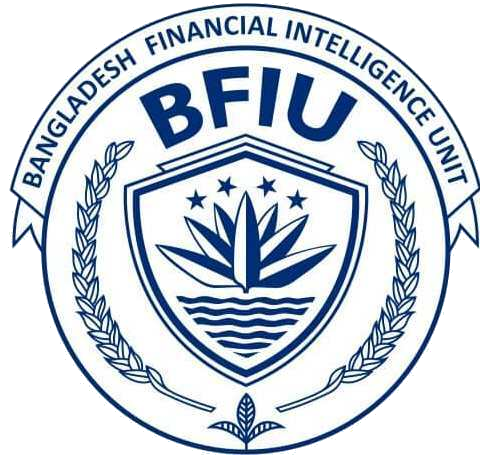- Site Map
-
|
- Disclaimer
-
|
- Login
-
|
Bangladesh Financial Intelligence Unit
The Central Agency of Bangladesh to Fight against Money Laundering and Terrorist Financing
Working Committee
The second highest body for combating money laundering and terrorist financing in the country is the Working Committee on AML & CFT established on November 02, 2010. The committee comprises of 21 members and Secretary of Financial Institutions Division of Finance Ministry is the convener. Members of the committee are:
- Head of BFIU, BFIU
- Director General, Prime Ministers’ Office
- Joint Secretary, Finance Division
- Joint Secretary, Ministry of Home Affairs
- Director General, Ministry of Foreign Affairs
- Joint Secretary, Legislative and Parliamentary Division; Ministry of Law, Justice and Parliamentary Affairs
- Joint Secretary, Ministry of Social Welfare
- Additional Inspector General of Police, CID, Bangladesh Police
- Director General, NGO Affairs Bureau
- Director General, Anti Corruption Commission
- Registrar, Department of Cooperatives
- Member, National Board of Revenue
- Director General, Bangladesh Post Office
- Chairman, Rajdhani Unnayan Kartipakkha (RAJUK)
- Member, Insurance Development and Regulatory Authority
- Member, Bangladesh Securities and Exchange Commission
- Executive Vice-Chairman, Micro Credit Regulatory Authority
- Registrar, Office of the Registrar of Joint Stock Companies and Firms
- Deputy Attorney General, Attorney General’s Office
- Joint Secretary, Financial Institutions Division, Ministry of Finance.
This committee works for ensuring coordinated institutional effort to implement the policies for combating money laundering and terrorist financing. The committee meets 3 times a year. The scopes of the Working Committee are:
- To adopt work plan for implementing policies and decisions taken by the National Coordination Committee;
- To prepare draft policies related to prevention of money laundering & terrorist financing and present the same to NCC.
- To ensure effective implementation of the adopted policies by related institutions;
- To strengthen inter-agency coordination and ease sharing of information among agencies; and
- To prepare report(s) for NCC and assist the committee.
- To form different Sub-committee as and when required.




